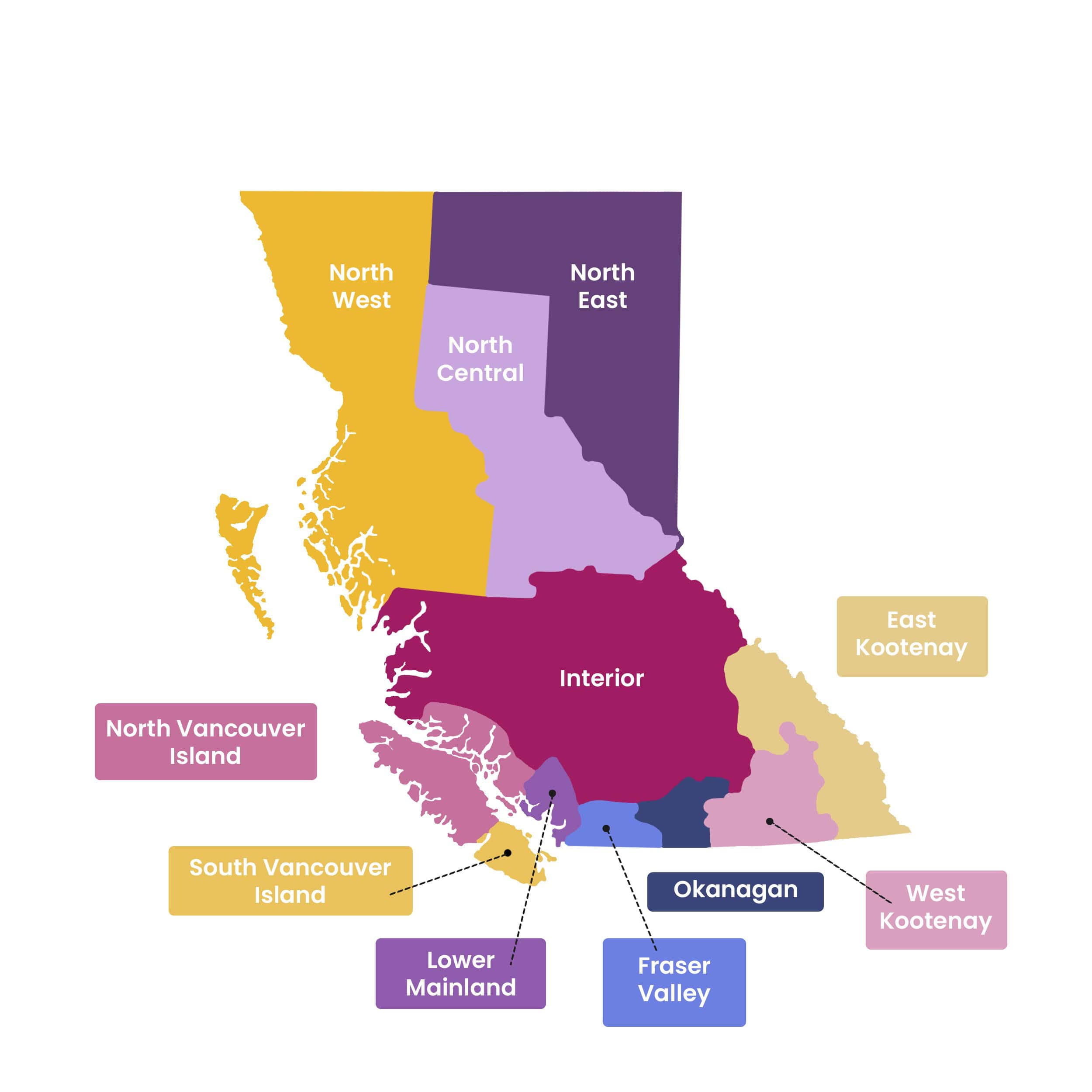Addressing Misconceptions of Sexual Assault
Many sexual assault survivors do not receive comprehensive healthcare even though they may experience significant short- and long-health effects.
Inadequate access to information about sexual assault can be a barrier to a survivor’s access to healthcare.
A survivor may not recognize that what happened to them was sexual assault because of common misconceptions about or different cultural understandings of sexual assault (BC Women’s Hospital + Health Centre and Ending Violence Association of BC, 2023). Clearly defining sexual assault can support survivors with making decisions about disclosing and seeking care.
Sexual Assault is a Criminal Offence
Sexual assault is any unwanted, forced, or non-consensual sexual activity involving physical contact (WAGE Canada, 2021).
A person can be charged with a criminal offence if they touch another person without their consent and the physical contact is sexual in nature or violates the sexual integrity of the survivor (Criminal Code Help, n.d.; Department of Justice Canada, 2021).
In Canada, a person must be at least 16 years old to legally consent to sexual activity. There are close in age exceptions for people that are 12 to 15 years old (Department of Justice Canada, 2023).
Consent is the voluntary agreement to engage in sexual activity. Consent must be obtained by both parties prior to and during all sexual activity (Government of Canada, 2024).
Consent:
- Is not silence or the absence of “no”.
- Cannot be given if the survivor is intoxicated, drugged, unconscious or asleep.
- Can never be obtained through threats or coercion.
- Can be revoked at any time.
- Cannot be obtained if the perpetrator abuses a position of trust, power or authority.
Sexual assault:
- Involves the use of power, force or control; it is not about sexual desire.
- Is most commonly committed by someone known – acquaintances, dates, friends, family members, common-law or married partners.
- Can include unwanted groping or kissing.
- Happens most often in private spaces like a residence or private home.
- Doesn’t always involve the use of physical force; the survivor may be threatened with words, manipulated or pressured into doing something they do not want to do (Ontario Women’s Directorate, 2013).

